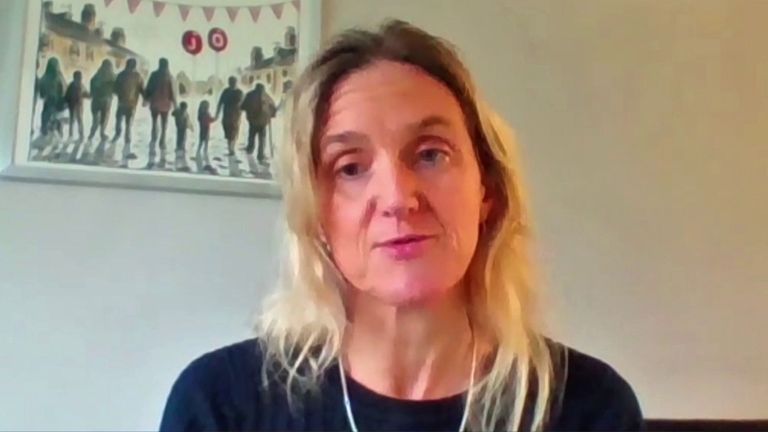The last time MPs voted on the question of assisted dying – nearly three quarters were against it.
Nine years later – polling suggests two thirds of the country would back a change in the law.
That ratio is mirrored in the number of cabinet ministers who’ve so far publicly declared their position, with 10 for and five against (only nine have obeyed the instruction from Cabinet Secretary Simon Case not to get involved).
But the bill’s cabinet opponents have made some of the most high-profile interventions in the debate.
Health Secretary Wes Streeting and Justice Secretary Shabana Mahmood are the two individuals who would be most responsible for seeing the legislation translate into practical reality for the NHS and court system.
They’ve raised similar concerns about the safeguards in place around vulnerable patients feeling pressured or coerced into taking their own lives.
Politics Live: MP proposing assisted dying bill responds to claims it’s a ‘slippery slope’
Ms Mahmood also has a fundamental objection to such a paradigm shift in the role of the state from protecting the lives of its citizens, to helping end them. Her warning about “the slippery slope towards death on demand” will be chilling reading for many.
We’ve also had a weighty intervention from former Labour leader Gordon Brown, who wrote powerfully in The Guardian about how the death of his baby daughter had convinced him of the importance of end of life care, arguing for a commission to be set up to consider improvements to palliative care.
Will these arguments sow the seeds of doubt among MPs who had originally been leaning the other way?
The MP behind the bill, Kim Leadbeater, told Sky’s Trevor Phillips this morning she has “no doubts whatsoever” – arguing that the current legal situation is failing those in distress, and that her proposed legislation contains “the most robust” safeguards of any assisted dying law in the world.
Read more:
Where does the cabinet stand on assisted dying?
Justice sec’s assisted dying intervention is explosive
Lord Falconer, a long-term advocate for assisted dying, went much further – hitting out at Ms Mahmood, his successor as a Labour Lord Chancellor – as being “completely wrong” in her objections and suggesting that she was being motivated by her religious belief, “which shouldn’t be imposed on anyone else”.
Ms Mahmood argued in her constituency letter that her Islamic faith was just one factor in her position – but Lord Falconer’s controversial claim highlights the increasingly divisive nature of the debate.
Shadow housing secretary Kevin Hollinrake said this morning he will be voting for the bill, after seeing his own mother pass away in “very difficult” circumstances, and said he had no problem with the open cabinet debate on such an important topic.
Many voters may agree, and with a free vote, such open division within rather than between parties is only to be expected. But after such a rocky few months, Sir Keir Starmer won’t be welcoming the public arguments within his top team over such a momentous decision, nor the open insubordination.
The irony is that as former director of public prosecutions, the prime minister is a man who knows far more than most about the issue.
While he voted for the law to change in 2015, undecided MPs – so many of them new to parliament – won’t be getting any direction from him on what to do, given the government’s neutral position.
It’s no surprise that with less than a week left to the vote, the stakes are higher, the language more emotional, the criticism more outspoken.
Expect the debate to get even louder in the days to come.
The post Expect the assisted dying debate to get even louder in days to come | Politics News appeared first on World Online.

